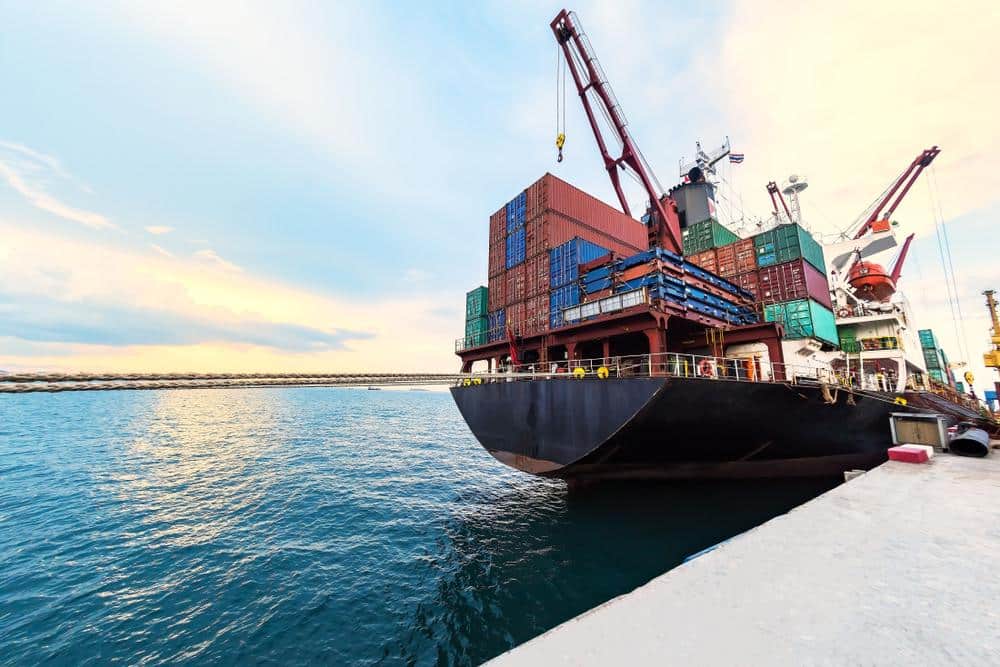 Many of us are saying “Good Riddance” to 2011 – but it’s not at all clear what 2012 has in store for us. Predictions are all over the map. Sometimes it seems as though analysts are determined to make the future better by predicting it will be so, even if the odds are slim. On the other end of the spectrum are those who predict that economics won’t matter, since the world is going to end in 2012. In the end, it’s up to you to be prepared for all eventualities. However, here’s a roundup of some of the top economic forecasts for 2012 to help you decide just in what way to prepare.
Many of us are saying “Good Riddance” to 2011 – but it’s not at all clear what 2012 has in store for us. Predictions are all over the map. Sometimes it seems as though analysts are determined to make the future better by predicting it will be so, even if the odds are slim. On the other end of the spectrum are those who predict that economics won’t matter, since the world is going to end in 2012. In the end, it’s up to you to be prepared for all eventualities. However, here’s a roundup of some of the top economic forecasts for 2012 to help you decide just in what way to prepare.
We’ll all creep along … barely.
This seems to be the safe analytical consensus – that somehow or the other, everyone is going to muddle through. Chief Economist of IHS Global Insight sums it up neatly, “World growth will slow in 2012, the only question is by how much.”
Thanks to the after-effects of the Japanese earthquake and the changing of the guard in China, Asia isn’t expected to contribute as much to the global growth engine as it has in the past. Emerging markets can’t take up much of the slack due to the sideways and volatile global commodities markets preventing them from predicting price moves or capitalizing on rising prices.
Still, diminished growth prospects may be what helps us all limp along. Inflationary pressure is offset by sluggish spending and slowed economic activity that causes discounting, holding prices down. If prices can be kept in check, we may all be able to scrape by one way or the other here in the U.S. as well as around the globe. But seriously, why should we just try to scrape by? There are many ways to combat the effects of a sluggish economy on our own personal wallets, and learning preparedness techniques is one of those ways.
Cut your grocery store bills by starting your own garden, and lessen the costs of doctors and medicines by learning alternative therapies to help with common ailments. Look at the things that are eating a hole in your wallet and look for ways to overcome them.
Why Silver Will Become The Explosive “Super-Metal” During The Coming Collapse
Europe is going to take us all down!
On the doom-and-gloom side of things, we have the analysts whose eyes are fixed firmly on the European debt situation. It turns out that European leaders aren’t the only ones worried about “contagion” in the event of a crash – U.S. financial institutions have billions of dollars of exposure thanks to derivative swaps and credit guarantees. If one of the major European economies defaults, the chain reactions written into business contracts around the world could trigger an economic implosion of epic proportions.
The world’s planning organizations are not wholly ignorant of the threat – but they may not be able to do anything about it. Even as the International Monetary Fund (IMF) downgrades its outlook for world economies and demands increasing financial backing for loans and bailouts, there are limits to what it can do to avert margin calls and demands for delivery on contracts causing panic in trading spaces. Broad, over-arching legislative plans generally can’t reach far enough or fast enough to stop individual decisions about what is or isn’t acceptable financial practice. As a result, Europe could blow up well before legislative sorts could even begin to get their act together, causing corresponding crashes across all the world’s markets.
Perhaps now is the time to work on paying off outstanding credit card bills or doctor’s bills, even if it means taking on a second job. You should be doing everything you can to getting your financial house in a good, healthy condition. If that means downsizing your house or refinancing a loan, look at all contingencies to get those monthly bills under control. (And yes, that means discontinuing your World of Warcraft subscriptions, opting to do away with you landline, or downsizing (or eliminating) your cable TV subscription.)
The U.S. is going to come out ahead.
Finally, we have the Pollyanna analysts. These represent the group who believes that the U.S. is going to get moving on a recovery in 2012. They point to improvements in the number of new jobs created at the end of the year – 200,000! – and survey data reporting that businesses are thinking of spending and hiring in the coming quarters.
This optimism flies in the face of downgrades in the future U.S. outlook by Moody’s and statements from the Federal Reserve that they expect the U.S. economy to remain weak throughout 2012. However, the optimists point out – correctly – that ratings agencies and the Fed are wrong just as often as they are right. Author Zachary Karabell argues that the focus on the negative is the main thing holding 2012 back from being one of the “best worst years of the early 21st century.” He dismisses big debts by pointing to the large size of the U.S. economy and the lack of jobs in some sectors with strong growth in other areas.
In other words, the U.S. is an economy in transition, but not in crisis. We’re reallocating resources from dying sectors toward growing sectors – and it’s not fun, it’s a process. 2012 will bring a continuation of that process, something that will be painful for many but ultimately lead to a stronger, leaner economy that will thrive in the future. We just have to wait, and everything will be okay.
Perhaps now is the time to get some additional training to take advantage of those jobs that require more education or apprenticeship, and are in demand. In fact, according to Career Explorer, the following are the some of the top jobs in demand in the U.S. right now:
- Network Systems and Data Communication
- Physician Assistant
- Medical Assistant
- Medical Records
- Computer Software Engineers
- Physical Therapist Aides
- Fitness Trainers
- Database Administrators
- Veterinary Technicians
- Dental Hygienists
Of the three main schools of thought for the future, the likelihood of any of these predictions coming true remains in the eyes of the beholder. What do you think will happen, and how will you prepare for what you think is coming in the months ahead?












